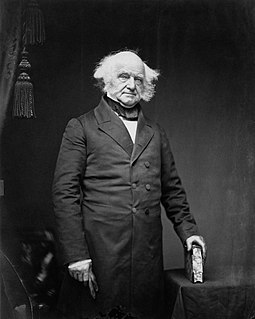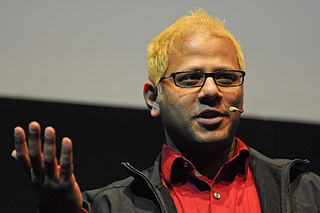A Quote by Irene Khan
The United States has been ambiguous on the current situation in Nepal. They have not actually come out very strongly in terms of pushing the king to take measures on the detentions or abuses by the army. China continues to provide military equipment.
Related Quotes
Meanwhile, the U.S. debt remains, as it has been since 1790, a war debt; the United States continues to spend more on its military than do all other nations on earth put together, and military expenditures are not only the basis of the government's industrial policy; they also take up such a huge proportion of the budget that by many estimations, were it not for them, the United States would not run a deficit at all.
The United States stands by its friends. Israel is one of its friends Peace can be based only on agreement between the parties and agreement can be achieved only through negotiations between them. The United States will not impose the terms of peace. The United States is prepared to supply military equipment necessary to support the efforts of friendly governments, like Israel's, to defend the safety of their people.
I fully support your efforts to stamp out sexual assault in the United States military and believer that there is nothing in (Military Justice Improvement Act) that is inconsistent with the responsibility or authority of command. Your efforts in this regard have much broader implications that will actually strengthen the 'good order and discipline' of our military, which I believe accounts for much of the resistance that S967 is receiving...Protecting the victims of these abuses and restoring American values to our military culture is long overdue.
In Europe, you have very different situation than you do in the United States. In Europe, it's very segregated. And you have the diasporas in Belgium that I saw. And they're being radicalized because they're not assimilated with the culture. I don't think we have that same situation in the United States.
I do believe that the very tense relationship between the United States and Iran presents a challenge to the United States. But to discuss Iran as that type of a threat I find somewhat unconvincing, mindful of the fact that Iran actually doesn't have those military capabilities that would be needed to refer to it as that type of threat.
There is no difference in a country between military, economic, and political affairs. It's useful for Business Insider to divide things that way. That's useful for a college program. But a country is a country. How do you understand China's economy without China's army? If you take these all into account you're ready to explain a question like, "How come the US doesn't have a debt problem?"

































